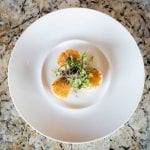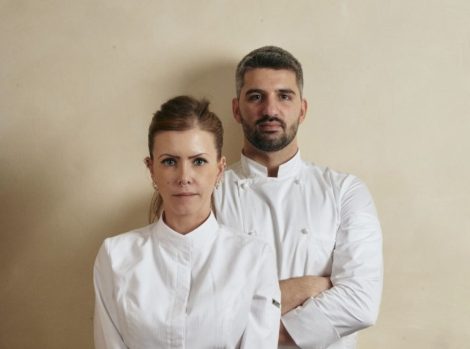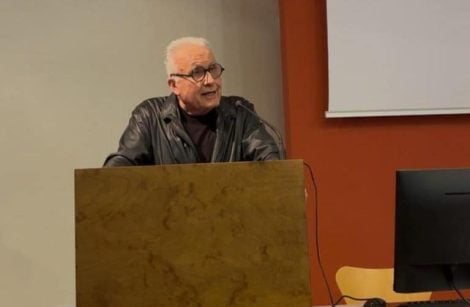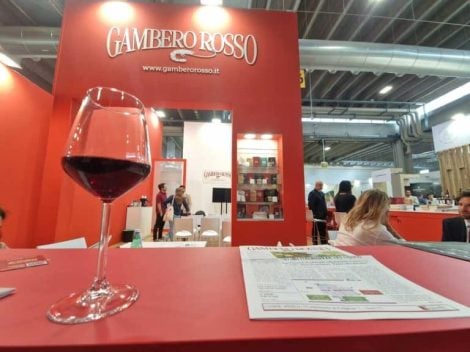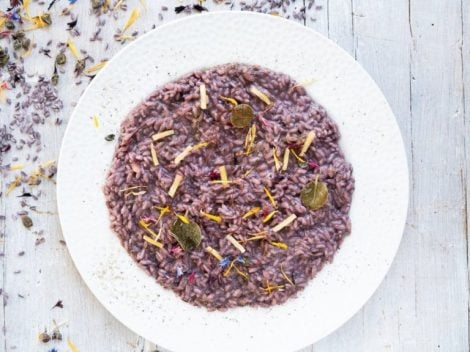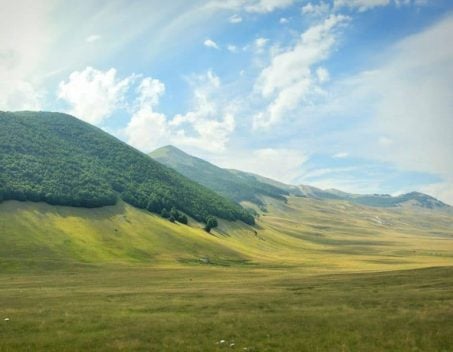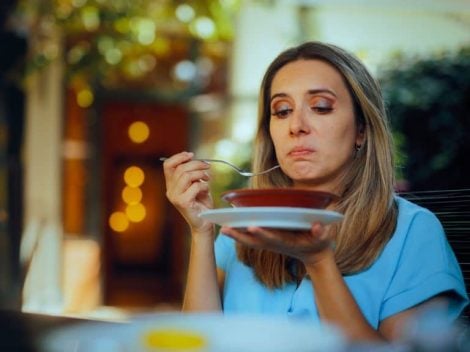Feudi di Romans, winery from Friuli
The company is located a short distance from the Isonzo river which lends its name to the homonymous denomination, as well as making an important contribution to the viticulture of this area. "Over the years the river has moved its bed and brought out veins of different soil such as clay, gravel, sand… the skill lies in studying the soil and understanding which type of clone quality to cultivate. The proximity of the sea, furthermore, allows an important heat fluctuation, increasing the aromas during the ripening of the grapes" says Nicola Lorenzon, commercial director of the company. Over forty years of history and a family management that passes from generation to generation have made the company an important wine-producing reality in Friuli that counts on approximately 70 hectares of property. "My brother and I are part of the third generation - continues Nicola Lorenzon. It all started with my grandfather who produced wine in the 1950s, and who started this business in 1974. The company evolved with my father, with a focus on increasing quality along with production. My brother and I have worked in the winery since we were children. I remember the time when I was given a precise task: with a piece of wood and chalk I had to mark how deep the posts had to be planted. Davide then undertook studies as a wine technician and entered the cellar. I travelled abroad to sell wine. It was an important experience: travelling around Italy and the world gave me an idea on the line to follow for the company. From this same point of view, my brother was in Australia to follow two harvests. Outside experience made us understand how to improve. The luck that he and I had is that our family accepted our ideas, giving us space and making us grow as a company."
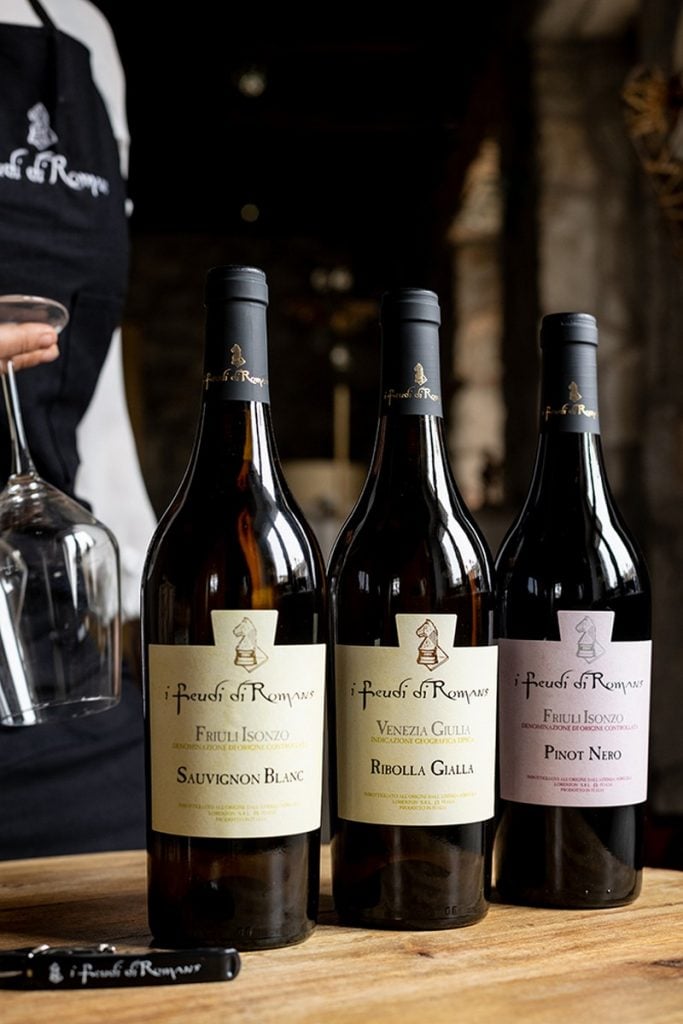
Together with the Lorenzon brothers, the company has also crossed national borders by making its labels known in various countries of the world and aiming for expansion in different territories. "Export abroad is around 40%, with a breakdown in 26 countries ranging from Japan, Russia, Europe, North and South America. What we are trying to do at this time is develop the German market well, and work on our positioning on the American market. As far as the Asian market is concerned, it is a bit more difficult: the drinking percentages see a predominance of red wine and we produce mostly white." Sustainability and tradition are two key words that describe the company's approach and the lines into which the labels are divided. A production with several still whites and reds alongside sparkling wines. Native and international grapes, but there is no shortage of new projects that look to the future and to constant experimentation. "Fysi is our second project with PIWI grapes, the first was Sontium, the Latin term for Isonzo. A couple of years ago we bought an abandoned plot of land with the will to farm it in the organic regimen, but with an eye to the environment and we decided to use this type of grapes. With their use, the necessary treatments are lower which means less use of the tractor, less carbon dioxide emissions. Their use fits into the sustainability project that we carry on also thanks to tools such as a solar panel system. Fysi, which from ancient Greek translates to 'nature', is a blend of Kretos, Rystos and Soreli, resistant grapes that derive from Sauvignon and Friuli. Among the novelties we have a new label of ribolla which undergoes long maceration in amphorae. A particular wine, with which we go back to the origins with an eye to modernity." "We start from grapes harvested in an advanced stage of ripeness that undergo a long maceration on the skins in amphorae and spontaneous fermentation – adds Davide Lorenzon, the company's oenologist – We bottle the wine, without stabilisation and we use very few sulphites just to give the wine a little shelf life. We tiptoed in with producing a thousand bottles, limiting ourselves in production. This can be a year zero where we see how the public will respond." A new project that will be marketed from April 2023 and presented during Vinitaly. "We want to be present at this event. It has grown and evolved, becoming an important moment for developing human relationships, gathering impressions, and planning meetings. It's a time to be together and get to know each other as people," concludes Nicola.
by Marzio Taccetti

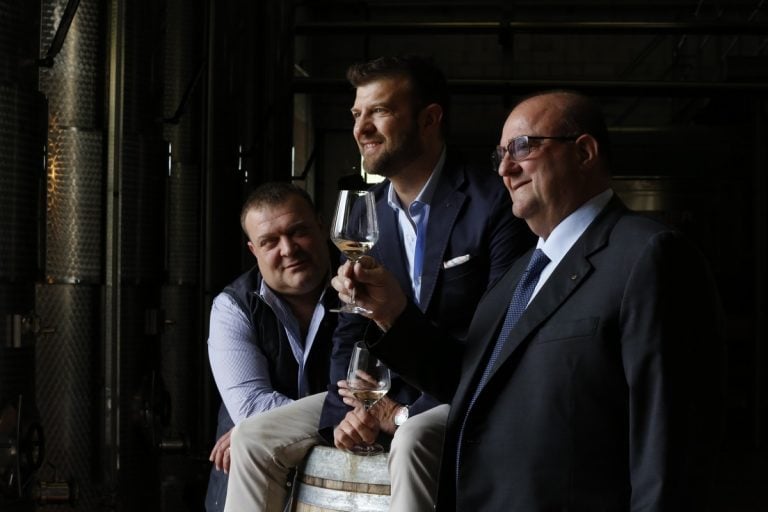
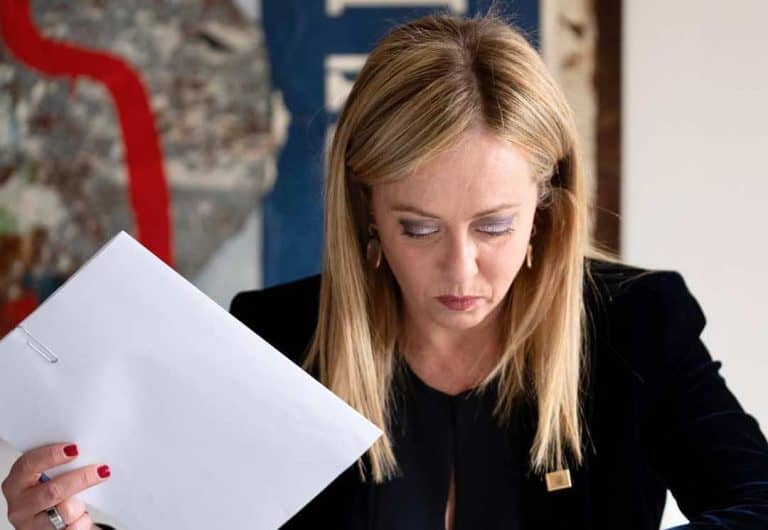 Meloni: "Tariffs? If necessary, there will be consequences. Heavy impact on agri-food sector"
Meloni: "Tariffs? If necessary, there will be consequences. Heavy impact on agri-food sector"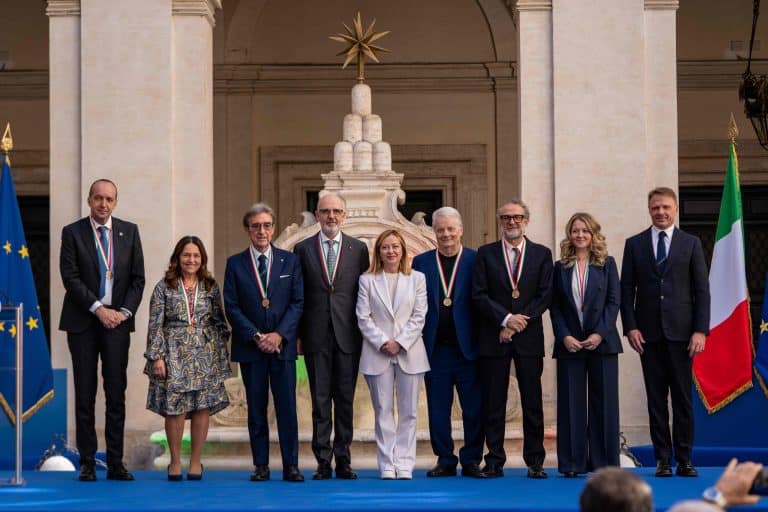 The Government honours the greats of Italian cuisine, from Bottura to Pepe. Massari: "Thank you, Meloni, the only one who listened to us"
The Government honours the greats of Italian cuisine, from Bottura to Pepe. Massari: "Thank you, Meloni, the only one who listened to us"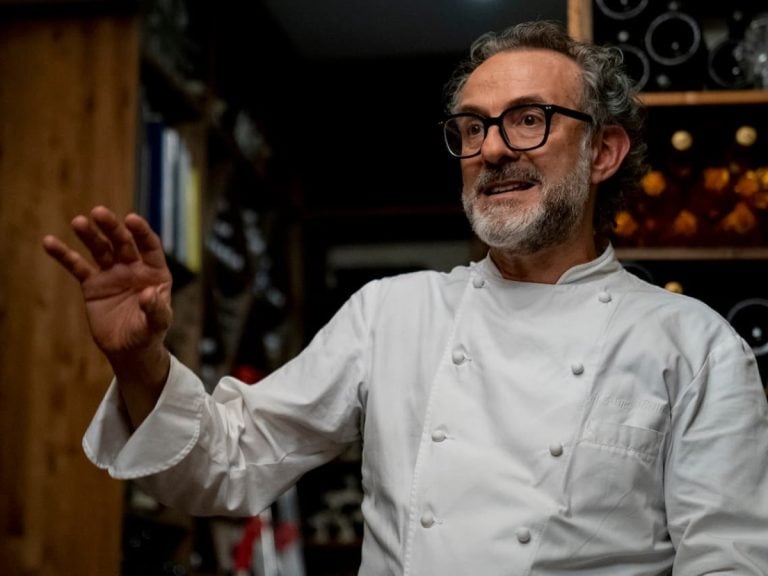 "We must promote a cuisine that is not just for the few." Interview with Massimo Bottura
"We must promote a cuisine that is not just for the few." Interview with Massimo Bottura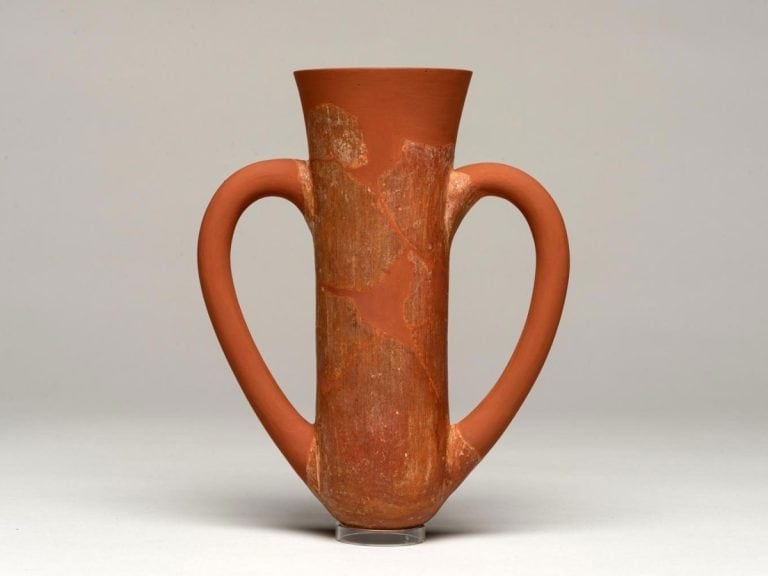 Wine was a drink of the people as early as the Early Bronze Age. A study disproves the ancient elitism of Bacchus’ nectar
Wine was a drink of the people as early as the Early Bronze Age. A study disproves the ancient elitism of Bacchus’ nectar "From 2nd April, US tariffs between 10% and 25% on wine as well." The announcement from the Wine Trade Alliance
"From 2nd April, US tariffs between 10% and 25% on wine as well." The announcement from the Wine Trade Alliance